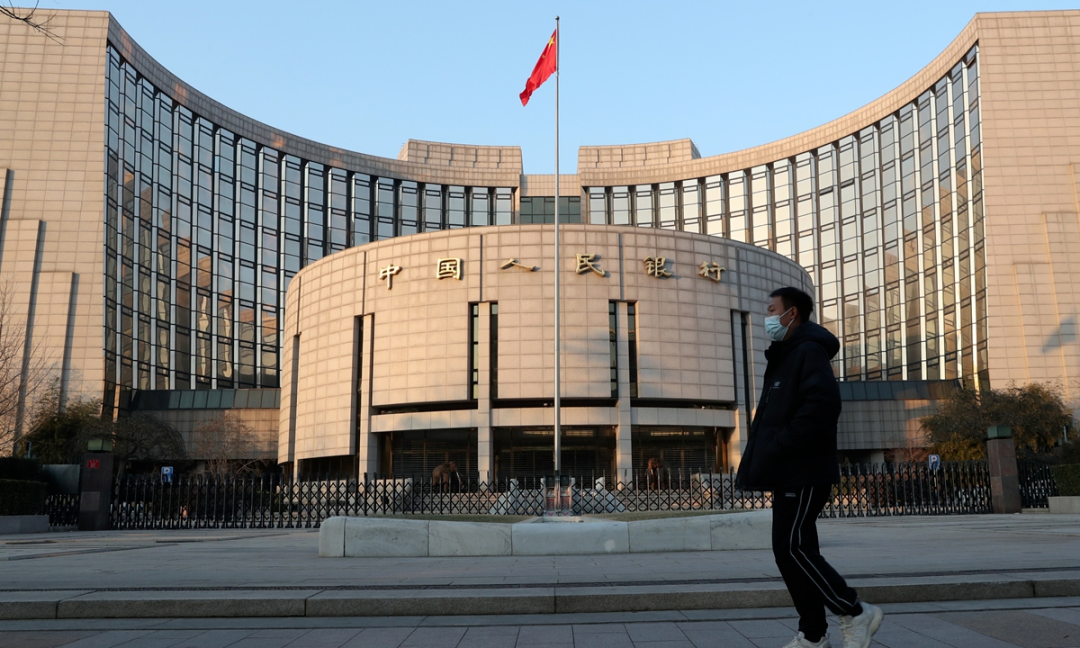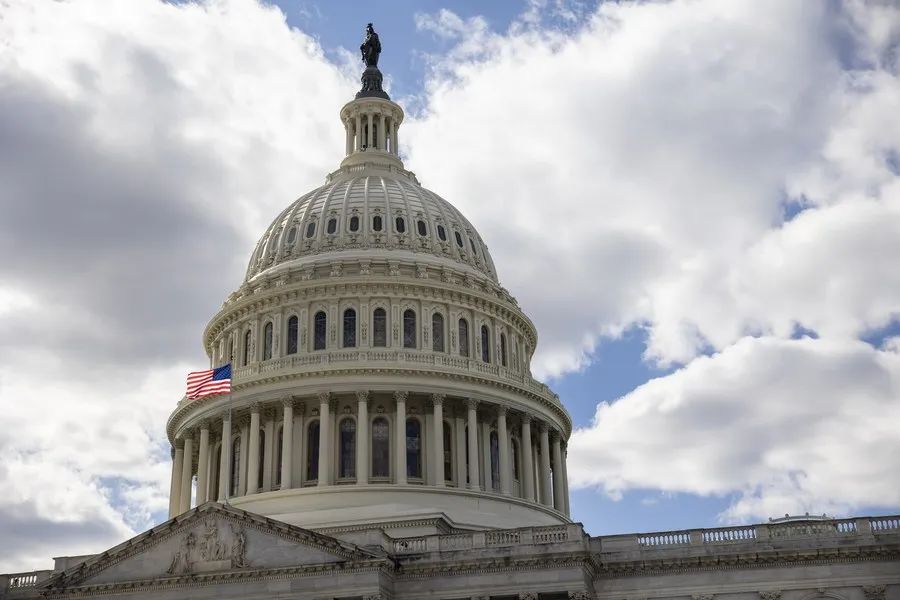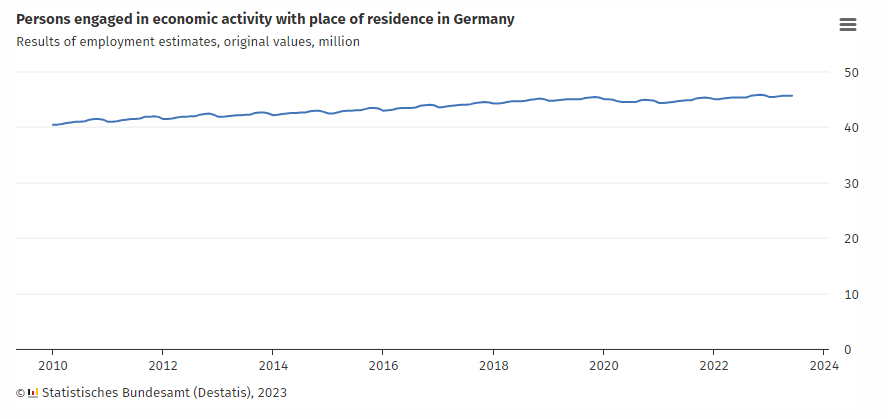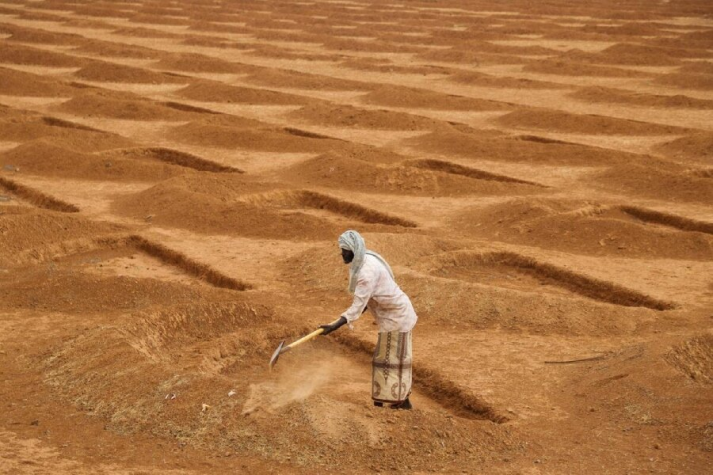HOME>NEWS CENTER>Newsletters
IFF Newsletter Issue 87
TIME:2023-08-03

From the Editor
China has unveiled a slew of measures to boost consumption and the private economy. The country’s industrial profits fell 16.8% in the first six months of the year, data from the National Bureau of Statistics showed. Meanwhile, China’s factory activity contracted for a fourth consecutive month in July. China’s central bank said it favored cutting down interest rates and down payment ratio for housing loans.
Fitch Ratings cut US’s credit rating on Tuesday to reflects “the expected fiscal deterioration over the next three years and the country’s growing debt burden”. The German adjusted unemployment rate fell to 5.6% in July, 0.1% lower than that in June, data from the Federal Employment Agency showed. UNESCO, the UN’s cultural agency, on Monday recommended that Venice be added to its heritage danger list.
China unveils plan to boost spending

China on Monday unveiled measures to boost consumer spending.
The country’s top economic planner, the National Development and Reform Commission (NDRC) released measures including tax reductions and cutting red tape to boost private consumption.
Speaking to the press, NDRC deputy director Li Chunlin said: “the growth momentum of some consumer goods is still not stable.Some residents lack confidence in consumption and have many concerns. Also, the consumption performance in some areas is unsatisfactory. More policies are needed to address these issues."
The plan urged local authorities to ease car purchase restrictions and called for an expansion in the supply of affordable rental housing.
China’s industrial profits drop 16.8% in H1

China’s industrial profits fell 16.8% in the first six months of the year, data from the National Bureau of Statistics showed.
In June alone, industrial profits fell 8.3% from a year earlier.
Profits of state-owned enterprises fell 21% while those of joint stock companies fell 18.1% in the first half of the year.
China’s factory activity contracts in July

China’s factory activity contracted for a fourth consecutive month in July, official data showed on Monday.
The official manufacturing purchasing managers’ index edged up to 49.3 in July, up from June’s 49, but still below the 50-mark which separates growth from contraction.
The non-manufacturing PMI came in at 51.5 in July, lower than June’s 53.2.
Service activity expanded but the expansion slowed in July as service PMI fell to 51.5, down from 52.8 in June. Construction PMI dropped to 51.2, down from June’s 55.7.

Floods in Beijing have triggered more than 6700 insurance claims which totaled 166 million yuan as of Tuesday, Chinese media reported.
The claims include 133 million yuan for damaged cars and 24 million yuan for damage to business properties. The majority of the claims came from hard-hit Mentougou and Fangshan districts in Southwest of Beijing.


China’s capacity of renewable energy reached 1.3 billion kilowatts by the end of June, exceeding that of coal-fired power, data from the National Energy Administration (NEA) showed on Monday.
The capacity of the renewable energy accounted for 48.8% of China’s total power generation by the end of June, according to the NEA.
Renewable energy includes hydropower, wind power, photovoltaic power and biomass power.
The country’s energy generation reached 2.7 billion kilowatts by the end of June.
Newsletter
International News

Fitch Ratings cut US’s credit rating on Tuesday to reflects the expected fiscal deterioration over the next three years and the country’s growing debt burden.
Fitch downgraded US’s rating from ‘AAA’ TO ‘AA+’ citing erosion of governance manifested in “repeated debt limit standoffs and last-minute resolutions”.
“The repeated debt-limit political standoffs and last-minute resolutions have eroded confidence in fiscal management,” Fitch said in a statement.
Fitch expects the US government deficit to rise to 6.3% of GDP this year compared to 3.7% of GDP in 2022.

Germany’s jobless rate fell slightly in July, official data showed on Tuesday.
The German adjusted unemployment rate fell to 5.6% in July, 0.1% lower than that in June, data from the Federal Employment Agency showed.
The number of unemployed people fell by 4,000 in seasonally adjusted terms from June to 2.6 million.
The demand for labour also rose in July compared to that in June, though vacancies fell compared to last July.

Japan’s central bank loosened its control on yield curve on Friday, according to a policy statement from the Bank of Japan (BOJ).
The BOJ said it would offer to purchase 10-year Japanese government bonds (JGB) at 1% despite its statement of allowing the 10-year JGB to fluctuate in the range of around plus and minus 0.5%.
To achieve the inflation target of 2%, the BOJ said “it will patiently continue with monetary easing while nimbly responding to developments in economic activity and prices as well as financial conditions.”

The International Monetary Fund raised its 2023 global growth forecast citing resilient economic activity in the first quarter.
In its latest World Economic Outlook, the IMF projected that global GDP would grow at 3% this year, up by 0.2% from its April forecast.
IMF chief economist Pierre-Olivier Gourinchas wrote that the global economy is headed in the right direction but “the balance remains tilted to the downside” as there are signs of global activity losing momentum and core inflation remains above targets.

UNESCO, the UN’s cultural agency, on Monday recommended that Venice be added to its heritage danger list.
The Italian city faces “irreversible” damage due to the impact of climate change and mass tourism.
The UN agency blamed the Italian authorities for a lack of strategic vision to solve the problems faced by Venice.

UN Secretary-General António Guterres called on businesses and governments to work together to address global hunger and mitigate the damaging impact of climate change on food production.
Speaking at the UN Food Systems Summit, Guterres said the global food systems are broken and billions of people are paying the price.
Globally, more than 780 million people experience hunger, nearly one-third of all food produced is lost or wasted and nearly three billion people cannot afford healthy diets, according to the UN.
